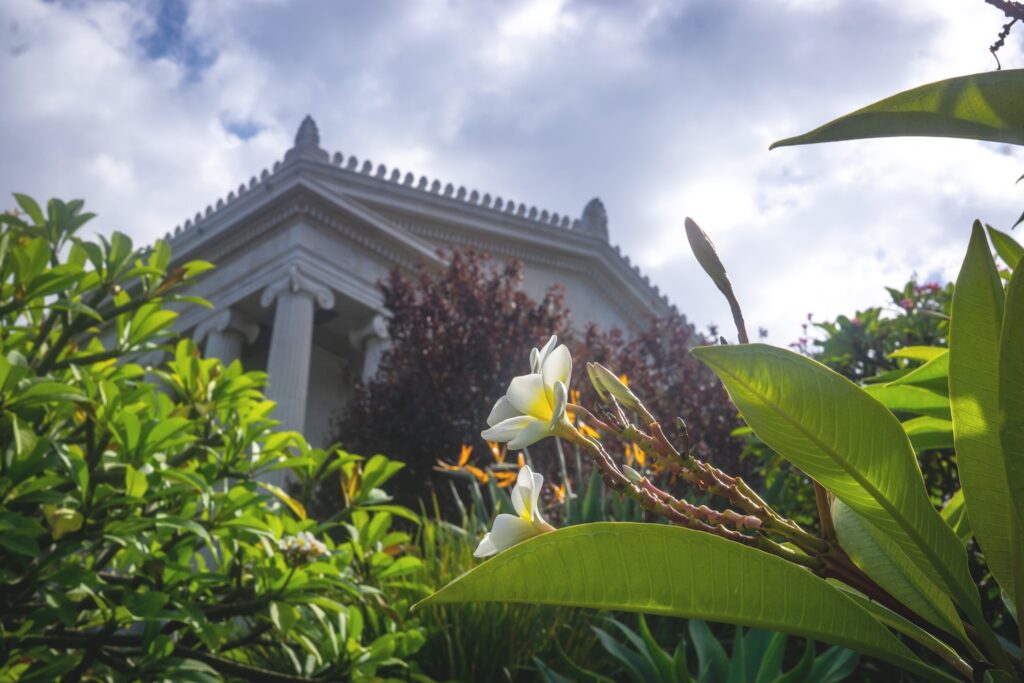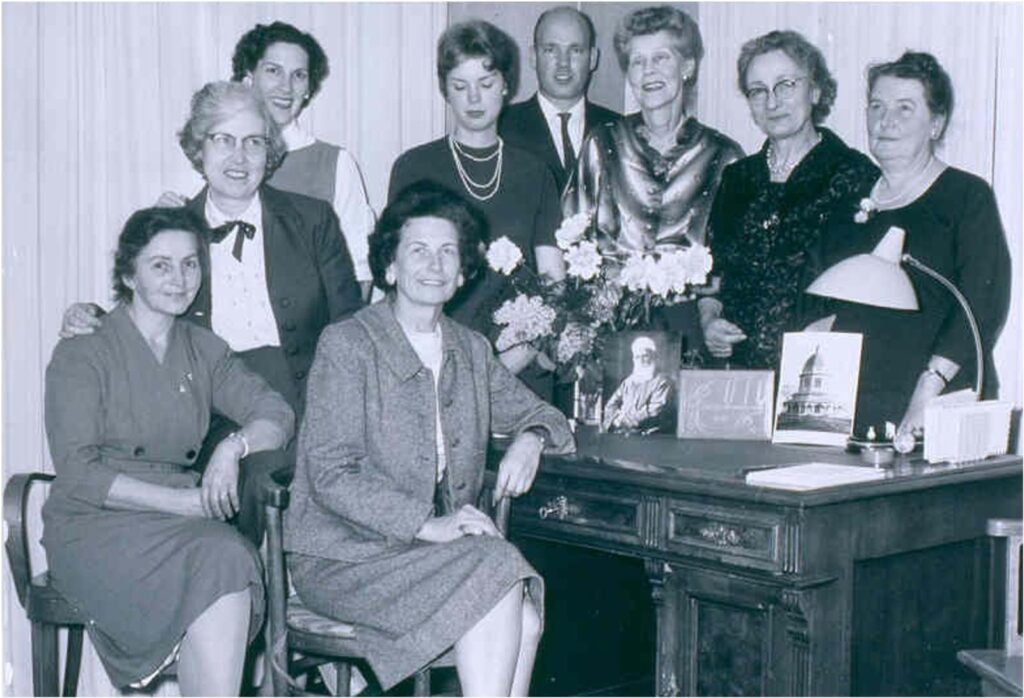The Bahá’í Administrative Order established by Bahá’u’lláh
The affairs of the Bahá’í community are administered through a system of institutions, each with a defined sphere of action. The origins of this system are found in the Writings of Bahá’u’lláh and is known as the Bahá’í Administrative Order.
Today the Universal House of Justice is the central governing body of the Administrative Order. Under its guidance, elected bodies, known as Spiritual Assemblies, tend to the affairs of the Bahá’í community at their respective levels.


Local Spiritual Assemblies
At the local level, the affairs of the Bahá’í community are administered by the Local Spiritual Assembly. Each Local Assembly consists of nine members who are elected annually by members of the local community.
National Spiritual Assembly
At the national level, the affairs of the Bahá’í community are administered by the National Spiritual Assembly, a nine-member council elected annually. Its overall mandate is to guide, coordinate, and stimulate the activities of Local Spiritual Assemblies and individual members of the Bahá’í community within a given country. The National Assembly also oversees relations with government.
Every nineteen days, Bahá’ís gather locally for the Nineteen Day Feast. This is a joyful occasion when local communities meet to pray, read Baha’i Writings and consult about the affairs of the local community. In addition to the Nineteen Day Feast, other spaces are organised at the local and regional levels to reflect on activities aimed at building vibrant communities.

